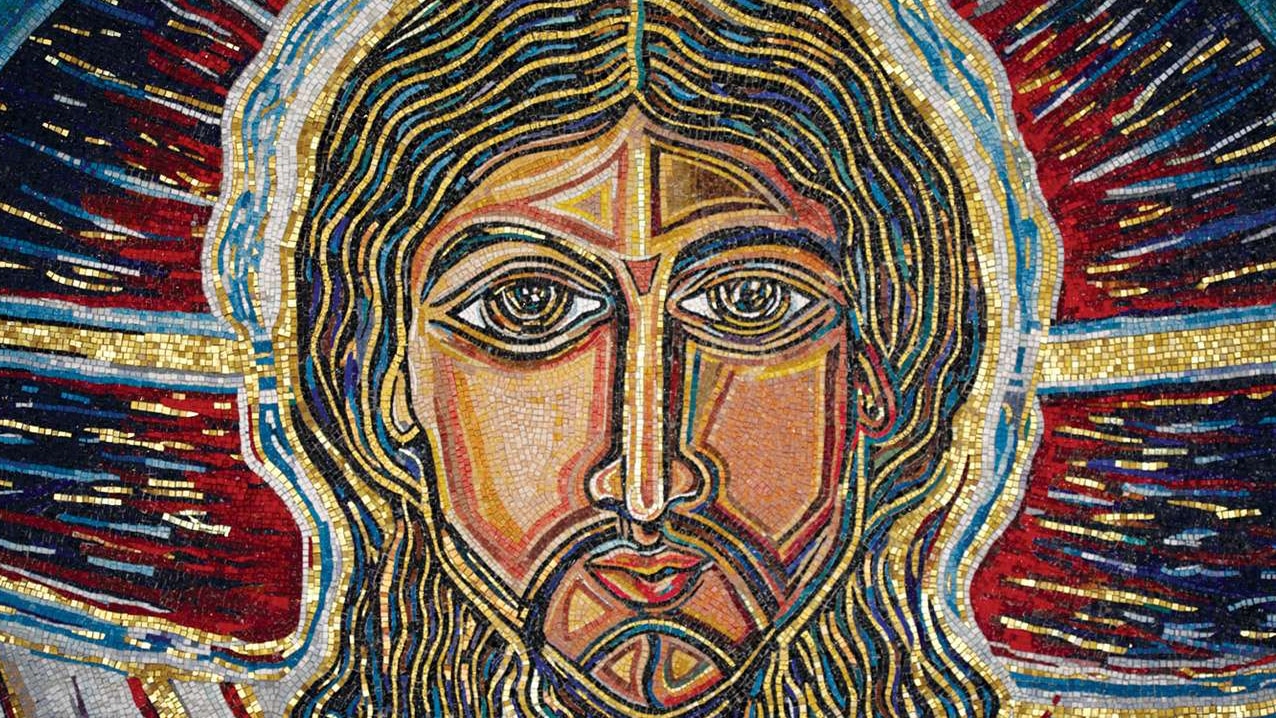Once there was a man named Pete whose life was both difficult and inspiring. He was raised by very devout parents who did everything possible to plant and nourish the seeds of Christian faith within their son. However, when Pete grew up and got out on his own, it didn’t seem these seeds had taken root. Pete had a lot of fun, got into some trouble, and lived a carefree, irresponsible life. He settled down when he got married, and things seemed to be going well. Pete had a lovely wife and son, was a good businessman, and experienced a lot of success. His greatest asset was his personality; Pete was a charmer, and everyone couldn’t help but like him. It seemed he had it all—but then things turned sour. Pete’s wife left him, his son turned against him, and he experienced some financial setbacks. The biggest blow of all occurred when Pete was in his early 40s: he was stricken with multiple sclerosis. Pete went totally blind, and was paralyzed from the waist down; eventually one of his legs had to be amputated.
Many people in a situation like this would become terribly bitter, cursing life and perhaps even God Himself. For Pete, however, it was then that the seeds of faith planted years earlier finally blossomed; the more he suffered, the stronger his faith became. He later said that during those first days in the hospital with MS, God had been revealed to him in a special way. The crucible of suffering transformed Pete into a new man; people who went to see him to cheer him up found that they themselves were the ones who were being inspired and encouraged. Pete became a person who appreciated every moment and every experience of life, and he learned to trust in God’s constant presence and ongoing care for him. More than a few people realized that, though Pete was blind, his heart had 20/20 vision; they often went to him for spiritual advice and assistance. Pete became active in his parish, sitting up front in church in his wheelchair every Sunday, and his pastor talked him into serving on the parish council; his common sense, and his fire-tested faith, made him a respected leader, and in his blindness he could see the things that really mattered. When Pete died, the whole parish mourned, and at his funeral the pastor remarked, “We saw in him the glory of God, the glory of God shining through the depths of human suffering” (Jensen, Lectionary Tales for the Pulpit, p. 42). The word “transfiguration” means having God’s glory shine through our human nature. When we say the word with a capital T, we’re referring to what Jesus experienced on Mt. Tabor; when we use a small T, we’re referring to an experience we ourselves are invited to share. Pete was transformed by God’s grace, and was able to rise above his great suffering; if we too proceed in faith, God’s glory and power will transfigure us, as well.
God is not static and unchanging; He is active and dynamic. The reason for this is very simple: God is love, and love never stands still; it is always giving of itself. God wants to share Himself with us, transforming us in the process. Jesus was transfigured (Luke 9:28-36) in the presence of His three favorite apostles; for a moment, His divine glory shone through His humanity. He wasn’t showing off; rather, He was inviting Peter, James, and John to a still deeper faith in Him, and planting seeds of grace in their hearts which would produce a rich harvest later on. God is never satisfied with the status quo; He always wants more from us, and also wants to give us more. The Lord promised to make of Abraham (Genesis 15:5-12, 17-18) a great nation, and He gave him and his descendants a homeland in what we call Palestine, or the Holy Land. This was a great blessing, but through the coming of Jesus it was multiplied beyond belief; as St. Paul (Philippians 3:17-4:1) tells us, our citizenship isn’t in Palestine or anywhere else on earth, but in heaven. Moreover, Jesus will transform our lowly bodies and conform them with His glorified Body, making us worthy to enter His Kingdom. The Lord has the power to change everything— as long as we place our trust in Him.
The ancient Greek historian Herodotus wrote, “There is nothing permanent except change.” This is a fact of life; the physical world is always changing—and so is the spiritual. It’s up to us to decide how we’ll be affected by this change: will we fight it, or will we allow ourselves to benefit from it? We can harden our hearts, cling to our possessions, and try to deny death, or we can open ourselves to God’s presence, live in a spirit of generosity and gratitude, and look forward to our encounter with the Lord when our life on earth comes to an end. We would all admit that we’re not perfect and that we have our faults—but being honest about our weaknesses doesn’t mean we have to be comfortable with them or cling to them. Growing closer to God means becoming better people, and this means changing. That’s never an easy thing to do—but with God’s grace, it’s certainly possible. What would you say is your biggest fault: greed, pride, lust, laziness, jealousy, anger, a judgmental spirit, or something else? Whatever you or I might answer, that’s the area in which God calls you and me to grow and be transformed. He will provide the grace, as long as we are willing to use it. This means being honest with ourselves and humble with the Lord; it means trusting in God’s loving strength, letting ourselves be like clay in His hands, and allowing the seeds of faith to take root and spread out and blossom in our lives. If we pray “Lord, show me where I need to change,” He will make known to us the area in which we most need to grow, and if we then take some concrete step to replace that bad habit with a good one, He will bless our efforts and help us in a way we would not have expected.
The word sacrifice means “to make holy,” and that’s how we should understand our acts of penance and self-denial. Lent isn’t just a time to give up, but also to grow up—that is, to rise up in grace by growing closer to the Lord. Sometimes growth is almost forced upon us, as in Pete’s case, when misfortune required him to choose whether he was going to spiritually sink or swim; sometimes growing in God’s grace is something we can choose— and this, of course, is one of the reasons we observe Lent each year. In either case, the Lord is able to do wonderful things with us, in us, and through us, if only we trust in Him. Jesus is happy to let His glory shine in our lives; blest are we if we give Him this chance.








